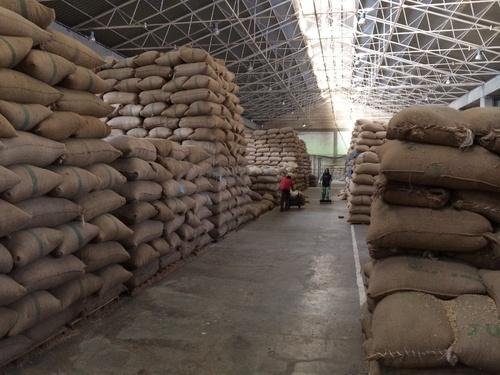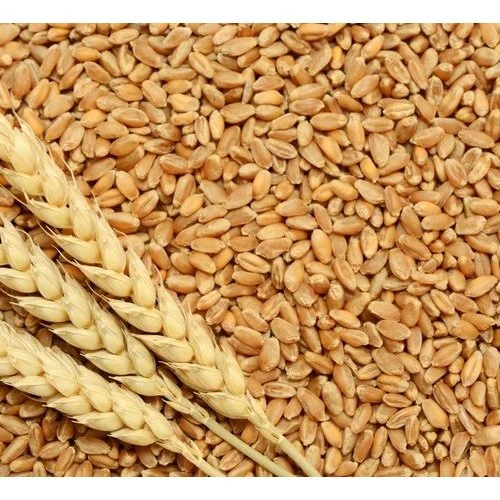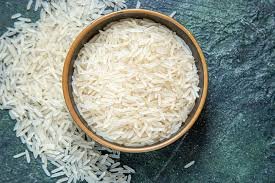FCI install IP-based CCTV surveillance system in its storage depots
Approximately 23,750 cameras would be installed across 561 FCI-owned depots.
The Food Corporation of India (FCI) has initiated the upgradation of the current analog CCTV surveillance system to a modern IP-based CCTV surveillance system in its storage depots. Approximately 23,750 cameras would be installed across 561 FCI-owned depots. This transition is based on a successful Proof of Concept (POC) conducted by the Quality Council of India (QCI) at FSD Shyamanagar. The implementation of this new IP-based system will significantly enhance monitoring capabilities through high-resolution imaging, improved scalability, and remote access.
The Food Corporation of India is crucial to India’s foodgrain management, playing a key role in the procurement, storage, and distribution of food grains. This efficiency not only bolsters the nation’s food security but also supports agricultural development. Among its many functions, storage is vital for fulfilling the needs of the Public Distribution System and various welfare schemes initiated by the Government of India, ensuring that buffer stocks are maintained nationwide. With over 500 FCI-owned depots scattered across the country, effective surveillance of these storage operations is essential at all times.
Over the years, FCI has installed CCTV cameras across various depots to ensure their effective surveillance. In 2013-14 CCTV cameras were installed in 61 depots, with their number increasing to 67 in 2014-15 and extending to 446 own depots by 2018. Currently, a total of 516 FCI depots are under CCTV surveillance. Live Web Feed of these cameras is available on FCI website in “See your depot” tab.
CCTV Cameras installed in the new surveillance system will support onboard analytics features like camera tempering, camera field of view change, camera blur/out of focus, motion detection and trip wire etc. This new Surveillance system will feature the establishment of a centralized Command Control Centre (CCC) and a Network Operating Centre (NoC) at FCI Headquarters.
The health of the installed system will be centrally monitored through the Command Control Centre (CCC), along with a provision for storing incidental data on demand basis. It will also offer advanced video analytics and strengthened security measures, enabling FCI to effectively oversee and manage day-to-day operations across its depots. The proposed system will also include environmental and humidity sensors on pilot basis, which will further enhance its functionality. These sensors will enable the monitoring of environmental conditions, providing valuable data for assessing their impact and ensuring optimal conditions for the system’s performance in the future.
Approximately 23,750 cameras would be installed across







